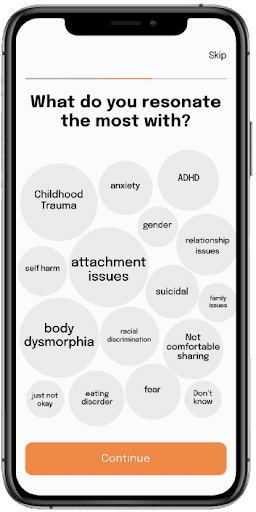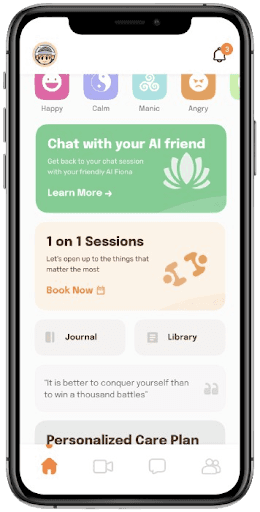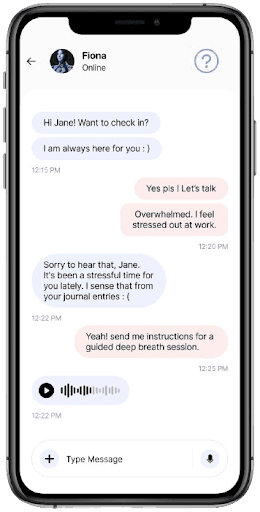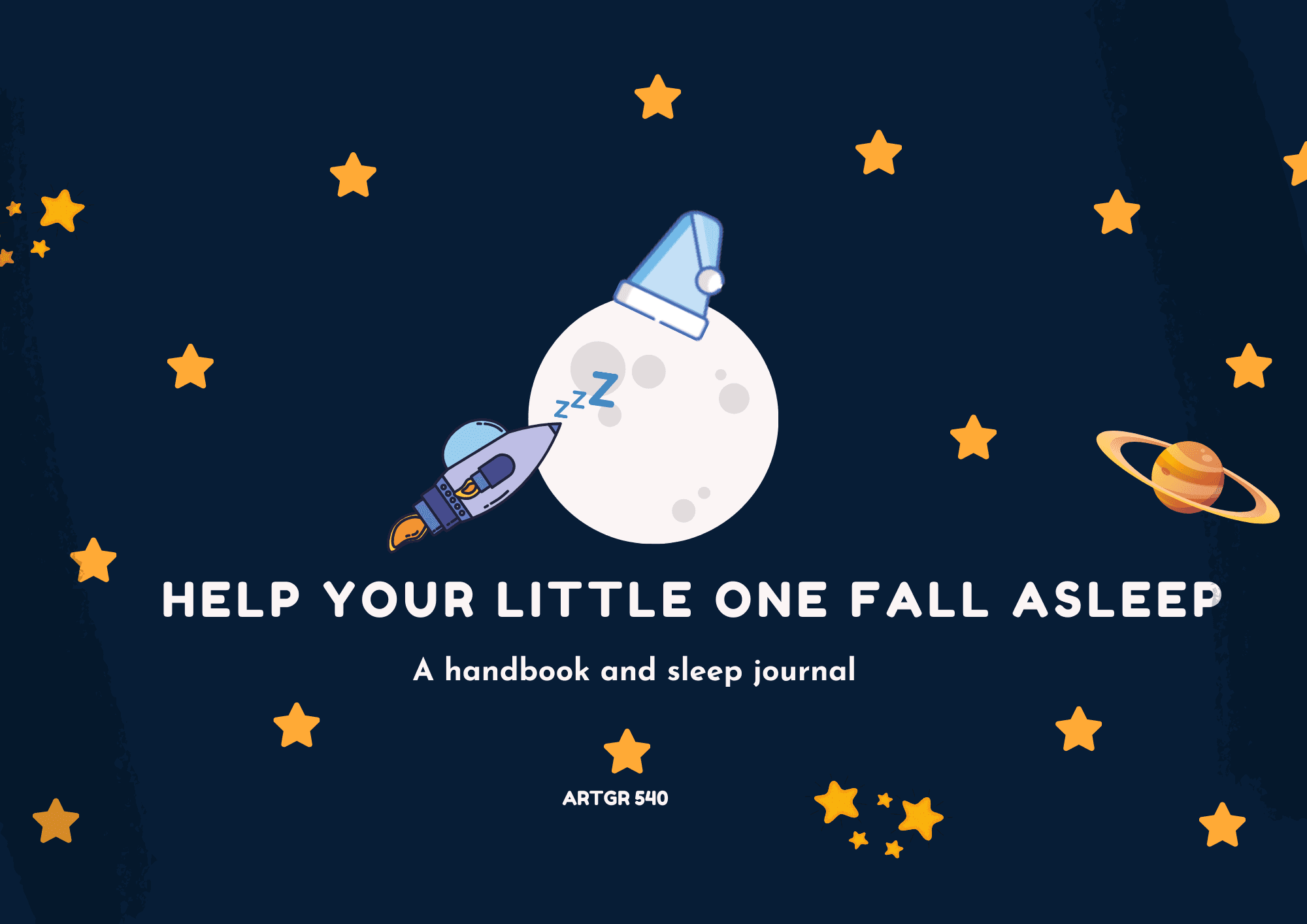Pocket Therapy – Delivering Mental Health Support Using Evidence-Based App
Pocket Therapy – Delivering Mental Health Support Using Evidence-Based Software
Overview
Role:
Technologist
Year:
2023
Collaborators:
Eliott Smith (Statistician), John Perry (Sales), Jessica Munoz (Psychologist), Ash Maddi (Technologist)
Objective:
The primary goal of Pocket Therapy was to develop an evidence-based mental health support application that provides accessible and effective mental healthcare to a diverse population. The app aimed to address the growing mental health crisis by offering customizable, AI-driven, and multilingual therapy solutions, including virtual reality therapy. The app's design and content focused on making mental health support more inclusive, leveraging advanced technology to deliver personalized therapy.
Market Statistics:
In 2022, 50 million American adults experienced a mental illness, with 12.3 million seriously considering suicide in 2021.
Only 3% of mental health apps are evidence-based, despite high demand.
The behavioral therapy industry is valued at $7.5 billion, growing at 8.2% annually, driven by destigmatizing mental health issues.
Value Proposition:
Minority-focused
AI-driven
Customizable therapy sessions
Virtual reality therapy
FDA approved
HIPAA compliant
Multilingual support
The Challenge
Creating a mental health app that integrates cutting-edge AI and VR technologies while ensuring FDA approval and HIPAA compliance posed several challenges. These included:
Ensuring the therapy sessions provided by the AI were evidence-based, personalized, and effective.
Developing virtual reality environments that enhanced the therapeutic experience without overwhelming users.
Maintaining a user-friendly, intuitive interface that worked across multiple languages to serve a diverse user base.
Another challenge was regulatory compliance, as the app needed to meet stringent FDA and HIPAA standards to ensure privacy and trust in its mental health solutions.
System Design
AI-Driven Therapy
The app uses advanced AI algorithms to offer personalized therapy sessions. These sessions adapt based on user inputs, such as emotional state, progress in therapy, and feedback from exercises. The AI tailors each session to provide exercises, coping mechanisms, and progress tracking suited to the user’s specific needs.
Virtual Reality Therapy
Pocket Therapy integrates VR environments for immersive therapeutic sessions. Users can engage in virtual environments designed to enhance relaxation and mindfulness. The app leverages VR to simulate calming environments, such as nature landscapes, where users can practice guided meditations and relaxation techniques.
User Interface Design
The user interface is simple and intuitive, allowing users to easily navigate between sessions, view their progress, and customize their therapy experience. Visual and auditory feedback is integrated to provide a seamless user experience, guiding users through exercises and tracking their progress.
Customizable and Multilingual Support
The app provides customizable therapy sessions, allowing users to choose exercises based on their emotional state, therapy goals, and time availability. With multilingual support, the app is accessible to a global audience, offering translations in multiple languages to cater to non-English speaking users.
Key Responsibilities
Development
As the technologist, I was responsible for:
Integrating AI and VR technologies to deliver personalized, immersive therapy sessions.
Ensuring the app met HIPAA and FDA standards for compliance.
Designing a user-friendly interface that made mental health support accessible and engaging for all users.
Optimizing AI algorithms to ensure the therapy sessions were adaptive and effective based on user feedback.
User Testing and Feedback
I conducted multiple user testing sessions to evaluate the usability and effectiveness of the app. Feedback was collected on user interactions, including the AI-driven therapy and VR environments, and iterations were made to improve the overall experience.
Project Highlights
Innovative Use of AI and VR
Pocket Therapy successfully demonstrated how AI and VR can be used to deliver personalized and immersive mental health support. The combination of AI-driven therapy sessions and virtual environments created an engaging and effective therapeutic experience.
Engaging User Experience
By blending AI-driven therapy with VR, the app created a unique and engaging user experience. Users reported higher engagement levels due to the immersive nature of the VR sessions and the adaptive feedback from the AI.
User-Centric Design
The app was designed with a focus on user-centric design, ensuring that it was easy to navigate, culturally inclusive, and offered multilingual support. The user-friendly interface made it accessible to a wide range of users, leading to positive feedback and high satisfaction.
Conclusion
Results
Pocket Therapy successfully demonstrated the potential of combining AI and VR to provide accessible, personalized mental health support. The project addressed the growing need for evidence-based mental health apps, offering a customizable solution that met the diverse needs of users while complying with regulatory standards.
Learnings
Through this project, I gained valuable insights into:
Integrating AI and VR technologies into mental health solutions.
Ensuring compliance with FDA and HIPAA standards for mental health applications.
The importance of user feedback in refining the design and functionality of the app to ensure it met user needs effectively.
Future Enhancements
Future improvements could include:
Expanding the range of therapy exercises to cover more mental health conditions.
Adding more languages and localization options to reach a wider global audience.
Further optimizing AI algorithms to offer more nuanced, tailored therapy based on advanced user data analysis.






